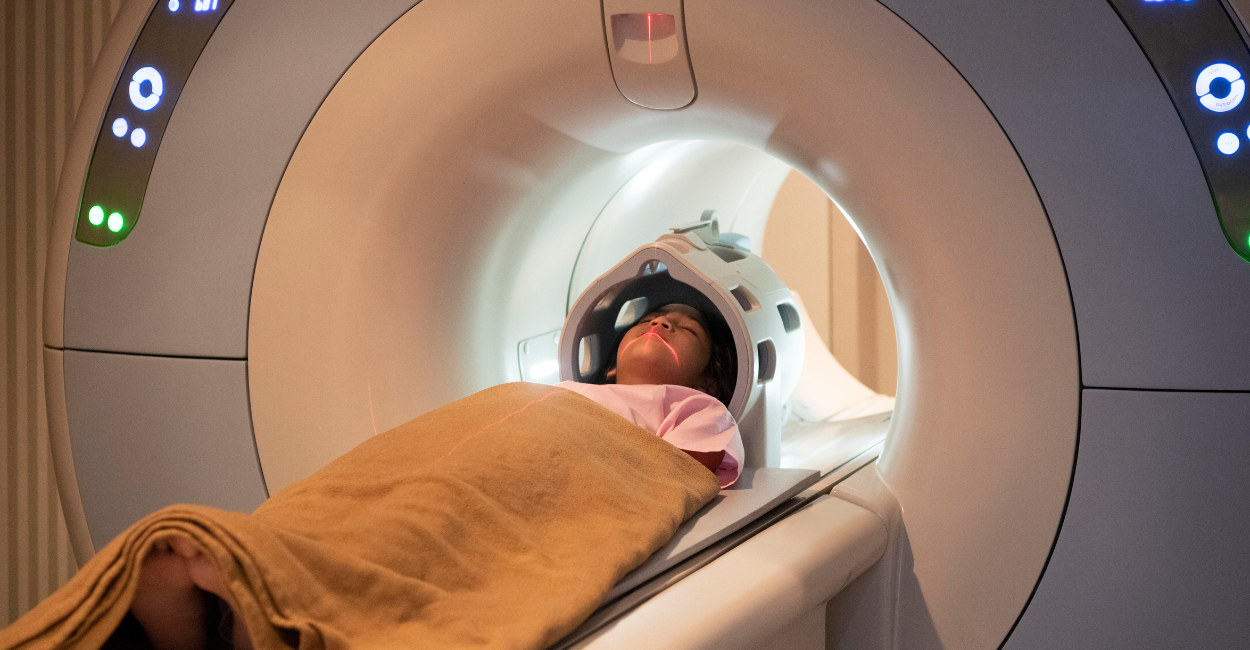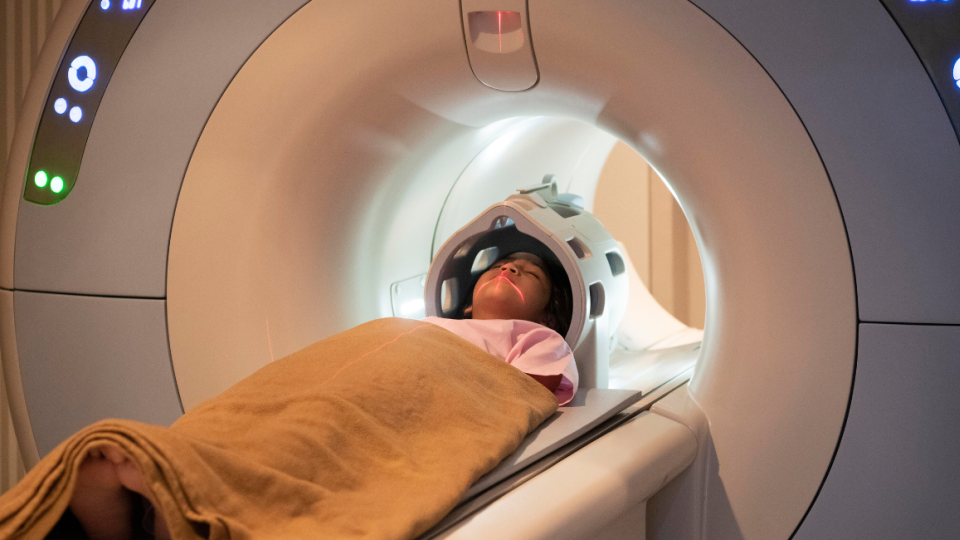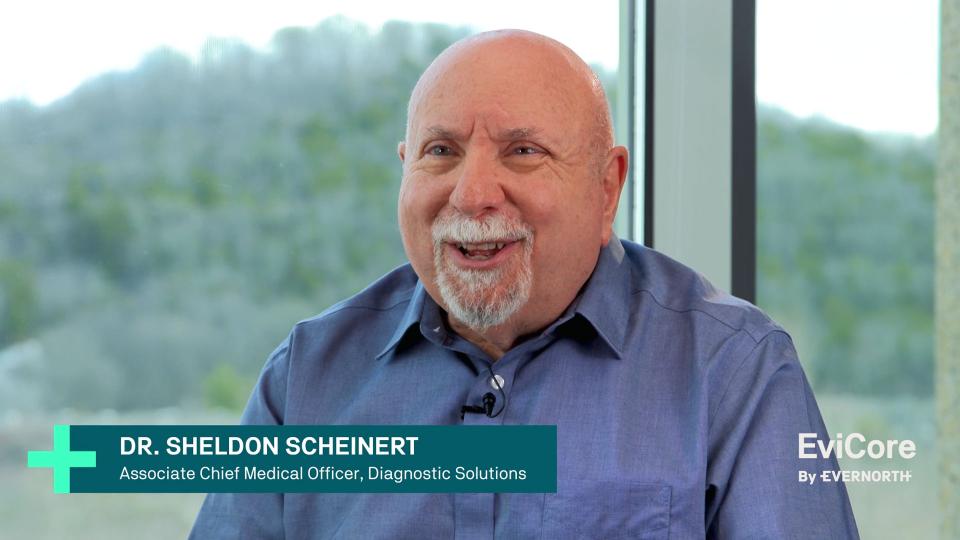Evidence-Based Care for Peripheral Vascular Intervention
Unnecessary, potentially dangerous peripheral vascular interventions highlight the need for evidence-based care.
Improving Radiology Site of Care Management
Creating better outcomes and experiences with a personalized concierge approach.
Savings and Plan Performance: Radiology Site of Care
Did you know that 60% of imaging is performed in higher-cost hospital settings, typically without clinical reason?* Couple that with the fact that more than 80 million CT scans alone are performed each year,** and it’s easy to see the savings opportunity that comes from guiding patients to more affordable, quality sites of care. But the benefits of doing so don’t end there.
All Insights
Unnecessary, potentially dangerous peripheral vascular interventions highlight the need for evidence-based care.
Creating better outcomes and experiences with a personalized concierge approach.
From savings to plan performance, uncover the power of Radiology Site of Care management.
The Centers for Medicare & Medicaid Services (CMS) recently released its Advancing Interoperability and Improving Prior Authorization Processes final rule. We sat down with Chief Medical Officer Eric Gratias, M.D., to talk about how well prepared EviCore by Evernorth® is for the rule and what it means for patients, providers and payers.
Did you know laboratory tests influence two-thirds of clinical decisions? While the right tests enable better diagnoses and treatment, the wrong ones can often do more harm than good.
The fact that 25%–40% of musculoskeletal (MSK) care spending is wasteful or ineffective is concerning enough. But coupled with the knowledge that more than 50% of U.S. adults over 18 live with an MSK condition, the potential impact of low-value MSK care is staggering.
Our solution: An evidence-based care approach to diagnostic care.
See how EviCore helped a 50-year-old patient diagnosed with Barrett’s, avoid an unnecessary surveillance upper GI endoscopy.
Hear from EviCore President David Smith and the medical leadership team about the patient-centric benefits of EviCore’s evidence-based approach.
Alice* is a 50-year-old woman experiencing leg pain from a pinched nerve in her back.
While there are situations when hospital care is necessary, alternative sites like ambulatory surgery centers, freestanding imaging centers, and clinics are often the smarter choice.
Meet Renee, a 47-year-old office manager and married mother of two, and an EviCore patient whose life has been impacted by many of EviCore's solutions
Meet Jacob*, a 61-year-old man who received a diagnosis of stage III non-small-cell lung cancer last year. EviCore approved an evidence-based treatment that included chemotherapy and radiation therapy at a community cancer center. Jacob experienced an excellent response to treatment
Hear from Dr. Sheldon Scheinert, EviCore’s Associate Chief Medical Officer of Diagnostic Solutions, about how our program urges patients to get the colorectal cancer screenings they need.
Preventive Care Outreach: Partnering to Improve Health Outcomes, Lower Costs and Increase CMS Scores
Three-quarters of health care spending in the United States is due to avoidable chronic disease. Preventive care is one of the best ways to address this challenge; however, millions of Americans avoid preventive care every year.
Q&A from EviCore’s Dr. Lon Castle on Evidence-Based Lab Testing’s Ability to Improve Patient Outcomes & Reduce Costs
EviCore’s Dr. Robert Westergan on Managing Site of Care and Implants for Musculoskeletal Conditions in EviCore's newest insight for our MSK solution.
EviCore sat down with Dr. Sharon Nichols, a board-certified cardiologist, to understand how her team helps patients get evidence-based cardiovascular care to meet their needs.
Medical knowledge is growing at an unprecedented rate, which is accelerating every year. This information explosion has created a challenging environment for providers.
EviCore is working hard to reduce the time commitment of prior authorization through intelliPath, our solution to help automate providers’ interactions with us. We sat down with EviCore’s Vice President of Strategic Development, Jim Knickle, to learn more.
We sat down with EviCore’s Associate CMO for Oncology Programs, to talk about his team’s efforts to make sure patients get cancer care that’s aligned with the latest medical science.
Q&A: EviCore’s Chief of Musculoskeletal Programs on the Need for Evidence-Based Care for Muscles, Bones and Joints.
No matter your role in healthcare, you're likely aware of prior authorization (PA). While some providers and patients find PA time-consuming and frustrating, it remains the best way to help ensure patients receive safe, appropriate and effective care at the lowest overall cost to U.S. healthcare. Recent advances in technology are making PA smarter, more automated and faster than ever before.
We sat down with Dr. Sheldon L. Scheinert, MD, FACG, Associate Chief Medical Officer of Diagnostic Solutions for EviCore. Dr. Sheldon L. Scheinert's job is to make sure patients get imaging tests like MRIs and CTs that are aligned with the latest medical science.
The Journal of Clinical Pathways has published a peer-reviewed study written by our EviCore oncology subject matter experts: “Improving Biosimilar Adoption Rates and Affordability With Oncology Pathways.”
The Increased Adherence to Molecular Profiling Recommendations in Non-Small Cell Lung Cancer (NSCLC) Through Use of Prior Authorization and Peer Review
The cost of cardiovascular disease goes beyond mortality and human suffering. Heart disease costs the United States more than $363 billion annually. Not all of the cardiovascular healthcare spending, however, is effective. In a recently released scientific statement, the American Heart Association notes that low-value cardiovascular care accounts for as much as 30 percent of this healthcare cost, meaning that over $100 billion is spent annually on care that does not improve the patient’s cardiovascular health.





























